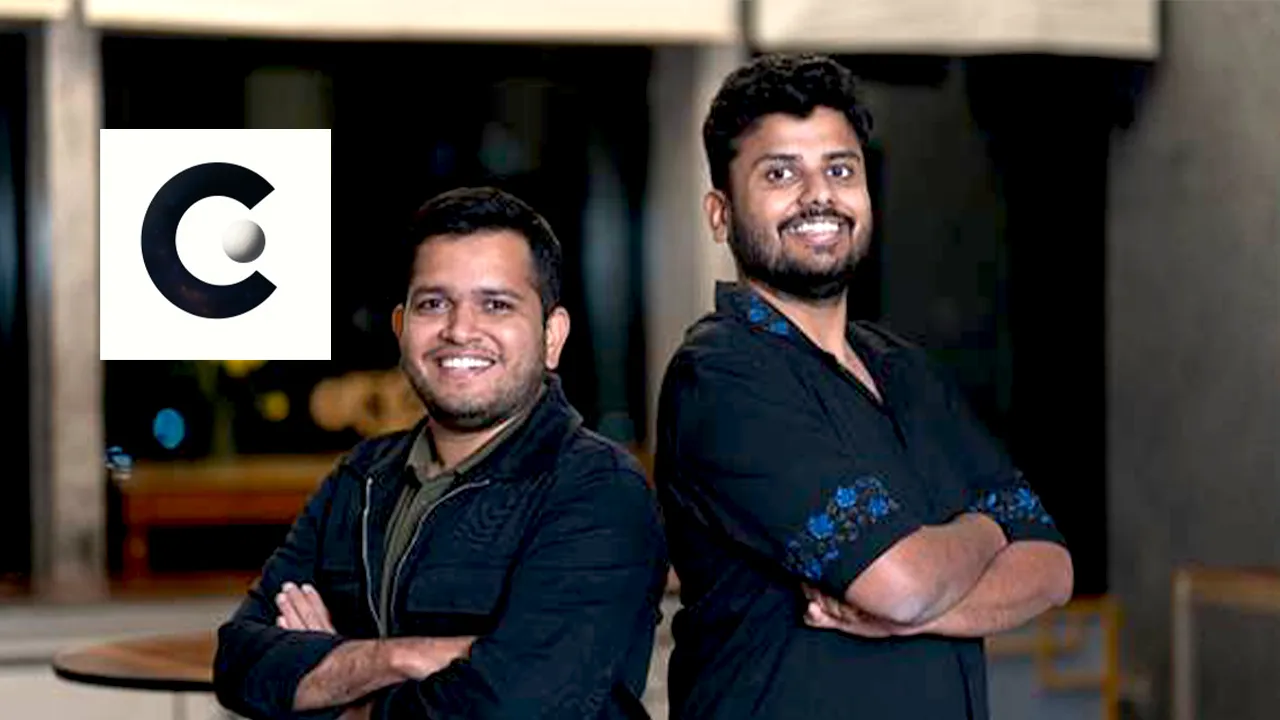Understanding the democratisation of technology from the experts I Acies
- ByStartupStory | May 2, 2023

“People dealing with the issues must understand how to solve it. You must know the problem you are solving well.” By FOUNDER OF ACIES– MUZAMMIL PATEL on an exclusive interview with Startup Story.
IDEA AND INSPIRATION
Acies founders desired to move from being in a largely advisory field to a field where they could participate in the outcomes. They had the expertise from years of work and culmination, which they wanted to transfer and test in the world of technology. Their central ethos is to stay true to a part of their goal, which revolves around democratizing technology and knowledge first and then making it available to the users.
Acies aims to make its no-code platform widely available to businesses, entrepreneurs, creators and end-users to help build a democratized ecosystem where access to technology is not constrained by coding, technology knowledge or capital.
FOUNDERS BACKGROUND
The organization’s founders had spent significant time in the consulting industry. Most have also worked in banks, financial fields, and fintech companies. Their primary aim of coming together was to cumulate their thought processes and expertise and build something that could be new and beneficial to society.
EARLY CHALLENGES & FOUNDATION
Acies told Startup Story that the major challenge that the founders faced at the initial foundation of the startup was around technology-oriented thought processes. They had to acquire specific skills to run their startup, and they learned that the core of the business needed to be developed in-house. It took around 6-9 months for them to identify what was necessary to build the business, and during that time, they focused on developing their in-house capabilities. One of the internal challenges they faced was around market mindset, and refocusing their brand took a lot of work for them as they switched their industrial space.
ALL ABOUT ACIES’ FOUR FOCUS AREAS
Acies is targeting different parts of the country and foreign markets. It has four co-verticals: tech, consulting, lighthouse and ventures. Acies’ IP or technology vertical is dedicated to B2B consulting and is a significant source of the company’s revenue. The experience vertical revolves around collaborations and entrepreneurs. It lets people use technology beyond an area, and this is where the democratizing value comes in. It helps in supporting and adjusting the financial industry.
CODING IS A LIFE SKILL NOW?
Fundamentally, the biggest challenge for tech companies comes today is that coding has become a life skill, and it shouldn’t be this way. It is something that people who are skilled enough used to do, but today, in the tech industry, one assumes that you need to know coding to be more valuable and your business has a future. Today, more than businesses, technology and coding has become relevant, and people’s behaviour has changed drastically.
The business focuses on technology and ignores problems of the technology industry, and to a large extent, this trend has affected the commerce and business model in the field. Everything has become effortless now. Also, speed is a new trend in this field. Projects which lasted or took around 12 months earlier to get completed are now getting done in a maximum of 4-6 weeks. People are losing their patience with the advancement of technology.
THE DRIVERS OF THE TECH INDUSTRY
Talent, capacity and expertise are the three key driving factors in technology. Hence talent skilling, in a big way, is purely an outcome-focused need which is a must. Another driver in tech is the business enablement layer. Well, this layer is also created along with the coding layers, which is another skill that needs a lot of reskilling today.
Other than these factors, literacy or tech literacy is also required. There is no need for a decorated tech expert. Instead, the condition is for knowledge and wisdom in this field and transmission of that knowledge to people. The drive which leads to a more excellent economy is imperative in today’s world.
CHALLENGES IN A TECH STARTUP
Collaboration is one of the most significant challenges in a tech startup. Mr. Patel mentioned that people can work from anywhere, which is not hard, but you can only get the best ideas and people if they are in the same physical space, during an interview with startup story. Minus collaboration, innovation takes a back seat. When one is trying to write rules of business for a more extended run, it becomes hard for employee and customer engagement. Also, another thing that came with covid in the industry is uncertainty.
One good thing about our country is that there is much more acceptability in India for new ideas. People will listen to you, and no one discounts it. In the startup ecosystem in the last ten years, this led to a lot more believability in the future and technology. People have significant access to capital and markets. The only thing needing more attention is a runway and development around B2B spaces.









